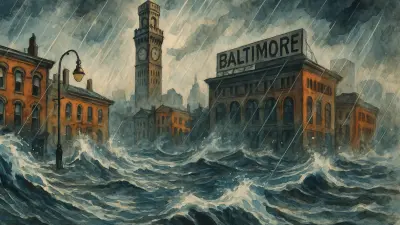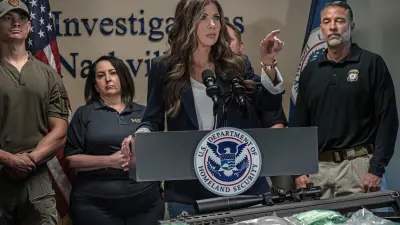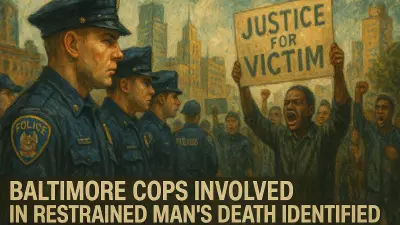If you would have asked me that same question during my long-lost youth, I’d have told you marijuana would be legalized in the United States shortly after never and a day.

However, much to my surprise, the legal weed landscape has changed dramatically over the last few years, with 24 states boasting full legalization, and 38 of 50 states OK’ing cannabis for medical use.
Back when I was a freewheeling, pony-tailed pothead in the 90s, marijuana was considered a “gateway drug,” a holdover misnomer from Nancy Reagan’s “Just Say No” mantra that convinced next to no one not to get high.
Now? Marijuana is prescribed by physicians for a myriad of ailments including PTSD, glaucoma, and many other conditions once treated with addiction-inducing pharmaceuticals.
So what happened? Why have so many states legalized marijuana, one way or another?
Well, for one, it’s the money, as is the case with most decisions made by lawmakers pressured by voters who finance their campaigns.
Years of scientific research showing pot is both nonaddictive and far better for you than alcohol fell on deaf ears. But when marijuana proponents began spelling out the financial benefits of legalizing weed, elected officials had their interest piqued.
California, was far out front of the rest of the nation when it comes to marijuana, approving medical use way back in 1996. It would take another 16 years before Colorado and Washington state became the first to give recreational weed a try.
At first, many conservative lawmakers on Capitol Hill expressed horror that the drug they believed led to ruin and damnation was approved and regulated at the state level. They considered it a thumb in the eye of the federal government and their beloved Drug Enforcement Administration.
But then something happened in 2013 that made them question their long-held, wrongheaded beliefs. For the first time, the majority of Americans polled said they thought marijuana should be legalized.
Since then, what started as a flicker of interest in weed has turned into a movement. One state after another finally recognized the DEA’s Schedule 1 status for cannabis, the same as heroin and other potentially lethal drugs, for what it was: goddamn ridiculous.
In a recent Gallup Poll on the topic, a whopping 70% of American adults (and probably way more kids) said weed should be fully legalized.
Marijuana is prescribed by physicians for a myriad of ailments including PTSD, glaucoma, and many other conditions once treated with addiction-inducing pharmaceuticals.
President Biden, perhaps the hippest of octogenarians when it comes to weed, in 2022 ordered a review of marijuana as a Schedule 1 drug and pardoned those convicted of simple possession under federal law.
At the same time, dope-friendly Grandpa Joe also called out the racism that too often goes hand in hand with drug law enforcement.
“…no one should be in jail just for using or possessing marijuana. Sending people to prison for possessing marijuana has upended too many lives and incarcerated people for conduct that many states no longer prohibit. Criminal records for marijuana possession have also imposed needless barriers to employment, housing, and educational opportunities. And while white and Black and brown people use marijuana at similar rates, Black and brown people have been arrested, prosecuted, and convicted at disproportionate rates.”
Two years later, Postindustrial red states I’d never imagined would legalize marijuana (I’m talking about you, Ohio) have gone weed green.
Still others, like Pennsylvania, which has medical marijuana sales, won’t embrace full legalization.
The Keystone State’s reluctance to go all the way with weed is particularly stupid since five of its six neighboring states — Ohio, New York, New, Jersey, Maryland, and Delaware — have recreational weed laws. West Virginia has medical, but no clear path to recreational.
These two Postindustrial holdouts are losing millions of dollars in annual sales tax revenue due to their residents crossing borders to buy their goods in more enlightened states.
Which brings me back to my original query (sorry to bury the lead so deep): if nearly 4 out of 5 U.S. states have some form of legalization on the books, how long will it be before America legalizes marijuana at the federal level?
I hate to say it, but I don’t think we’re anywhere close to that glorious day anytime soon. With Congress as fractured as it’s been since the Civil War, we’d be hard pressed to get the majority of lawmakers to pass full legalization.
Oklahoma voters rejected their recreational weed efforts. And in PI America, Wisconsin, Indiana, Tennessee, North and South Carolina, as well as Georgia, have no legal weed of any kind.
While we’ve made incredible progress when it comes to cannabis over the last decade or so, some states — Texas is in there too, unfortunately — are holding the rest of the nation back with their stubborn refusal to accept the medical and financial benefits of destigmatizing marijuana.
Only when those states join the rest of us in the 21st century will marijuana legalization across the nation become a reality.







